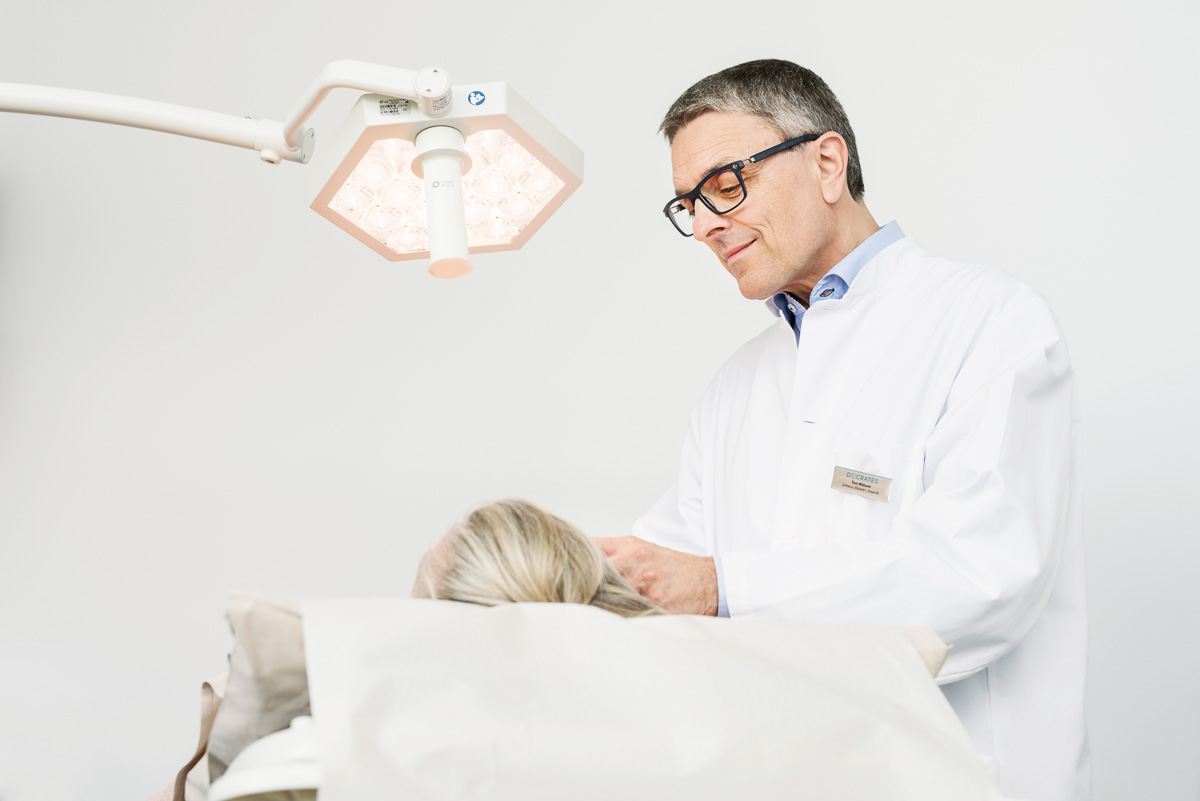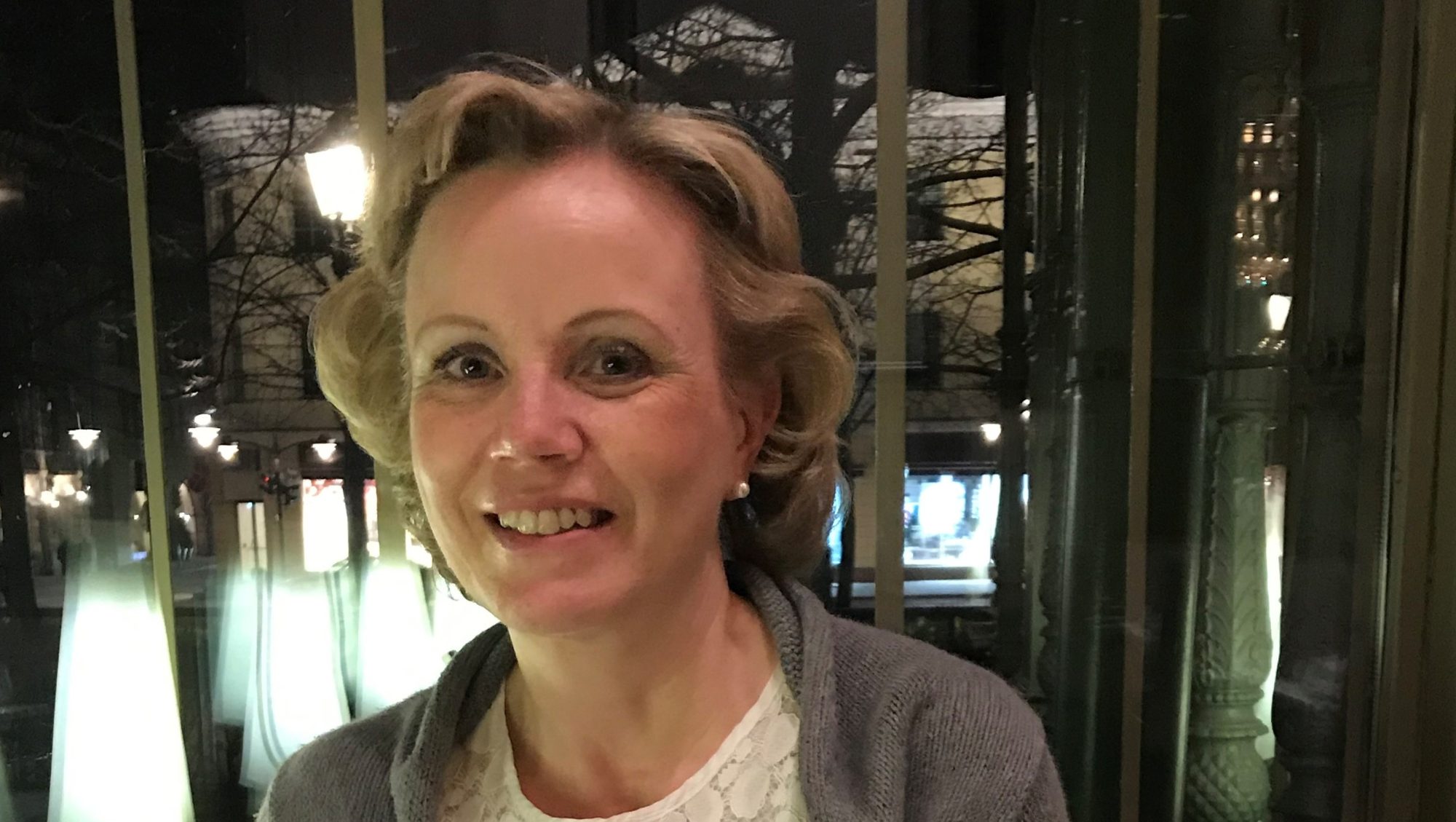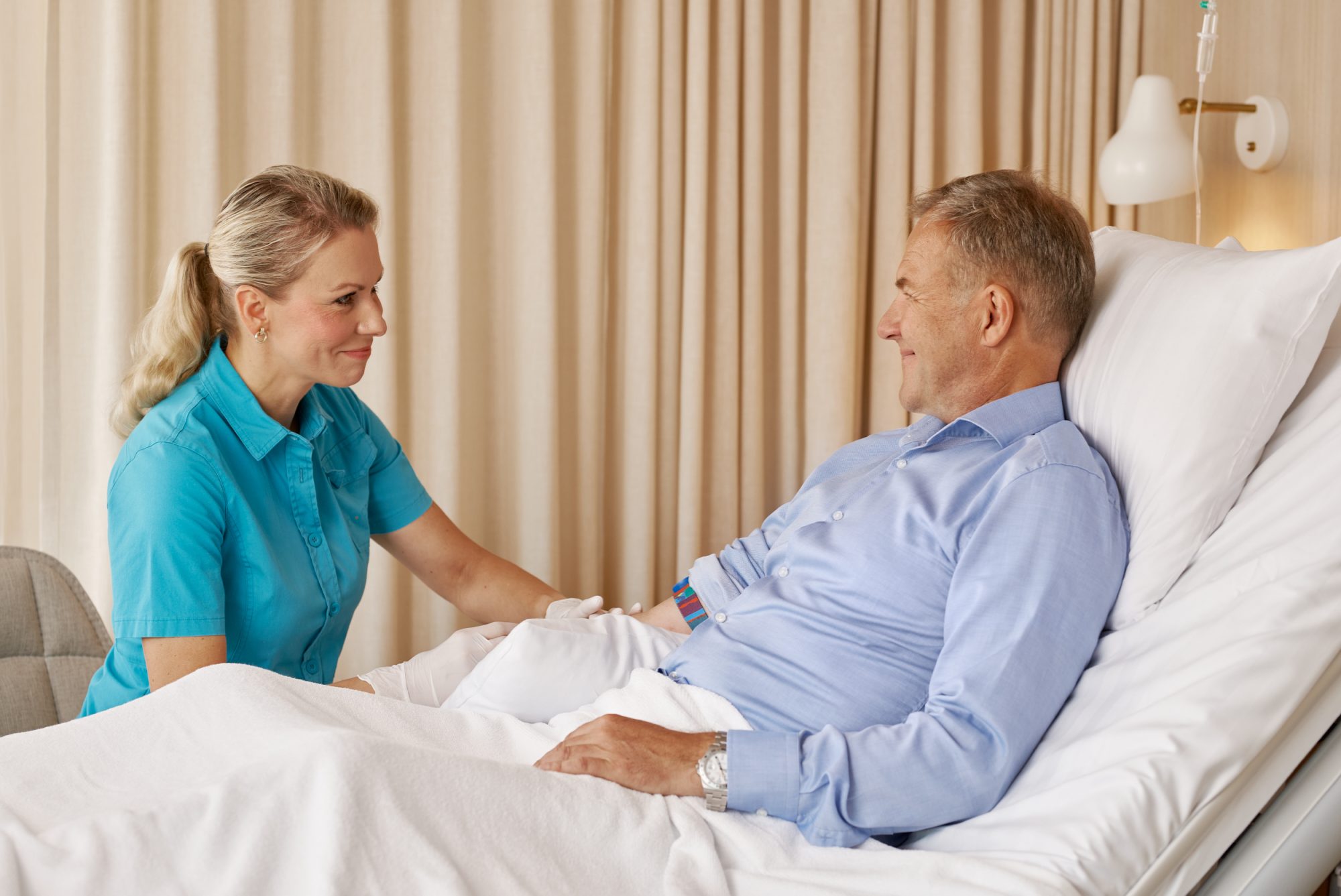The number of Norwegian patients increased in 2023
Docrates Cancer Center has been treating Finnish and international patients in Helsinki for more than 15 years. In 2023, the...
Read moreMon-Thu 8-18, Fri 8-16

Basal cell carcinoma is the most common type of skin cancer. It appears in areas of the skin that have been exposed to UV radiation from the sun. The majority of basal cell carcinomas could be prevented by reducing solar exposure and properly protecting the skin.
Typically, basal cell carcinoma is found on the face and scalp, around the nose and eyes, on the upper body and on the back of the hand. It takes a long time for basal cell carcinoma to develop. Development of basal cell carcinoma is strongly associated with lifetime UV exposure, not so much with occasional sunburns. After exposure to UV radiation, it typically takes 20 to 30 years for the condition to develop into cancer. Therefore, patients are usually over 50 years of age.
Basal cell carcinomas tend to affect the same people multiple times. It is known that as many as over 50 per cent of patients develop some other form of basal cell carcinoma later in life. Therefore, regular monitoring of the skin is necessary after treatment.
Approximately 60–90% of skin cancers are attributable to solar UV radiation. Sunburn and continuous exposure to sun (in outdoor work, etc.) cause skin cancer.
Basal cell carcinoma is presented as skin lesions that vary in appearance, depending on the carcinoma type.
Doctors can often identify basal cell carcinoma by its appearance. The diagnosis is verified by a pathological examination that also specifies the type of the disease.
Basal cell carcinoma rarely metastasises, which is why local treatment is usually sufficient. Certain types of basal cell carcinoma can often be treated completely without surgery. However, basal cell carcinoma must never be left untreated, because it will then spread uncontrollably to surrounding tissues. A small minority of local basal cell carcinomas can even grow so large that surgical removal is no longer possible. Surgical treatment is sufficient for most patients, and other treatments, such as radiotherapy, are very rarely necessary.
Docrates Cancer Center has been treating Finnish and international patients in Helsinki for more than 15 years. In 2023, the...
Read more
Docrates Cancer Center joined forces with Medanta, a pioneer in healthcare workwear, to create a more functional workwear collection for...

Riikka Talsi, M.Sc. (Tech), who defended her doctoral thesis at Aalto University School of Science, Department of Industrial Engineering and...

Cancer. The word alone makes the heart beat faster and fills people's minds with questions. What if I have cancer?...
Contact us!
Mon-Thu 8:00-18:00, Fri 8:00-16:00
